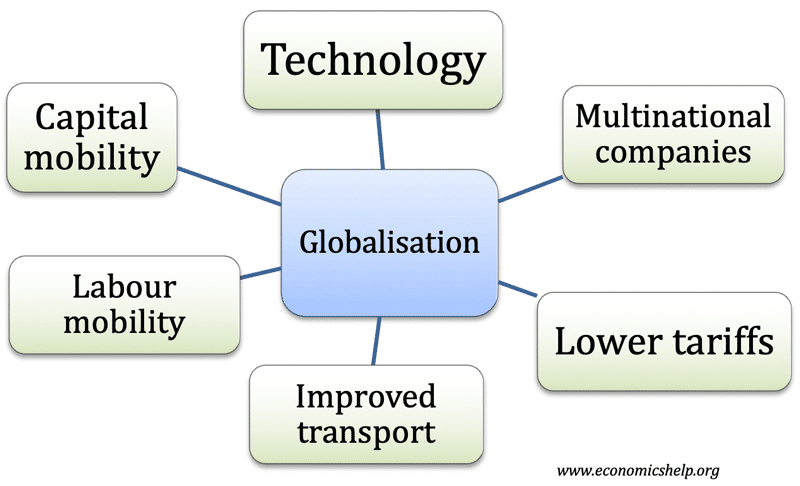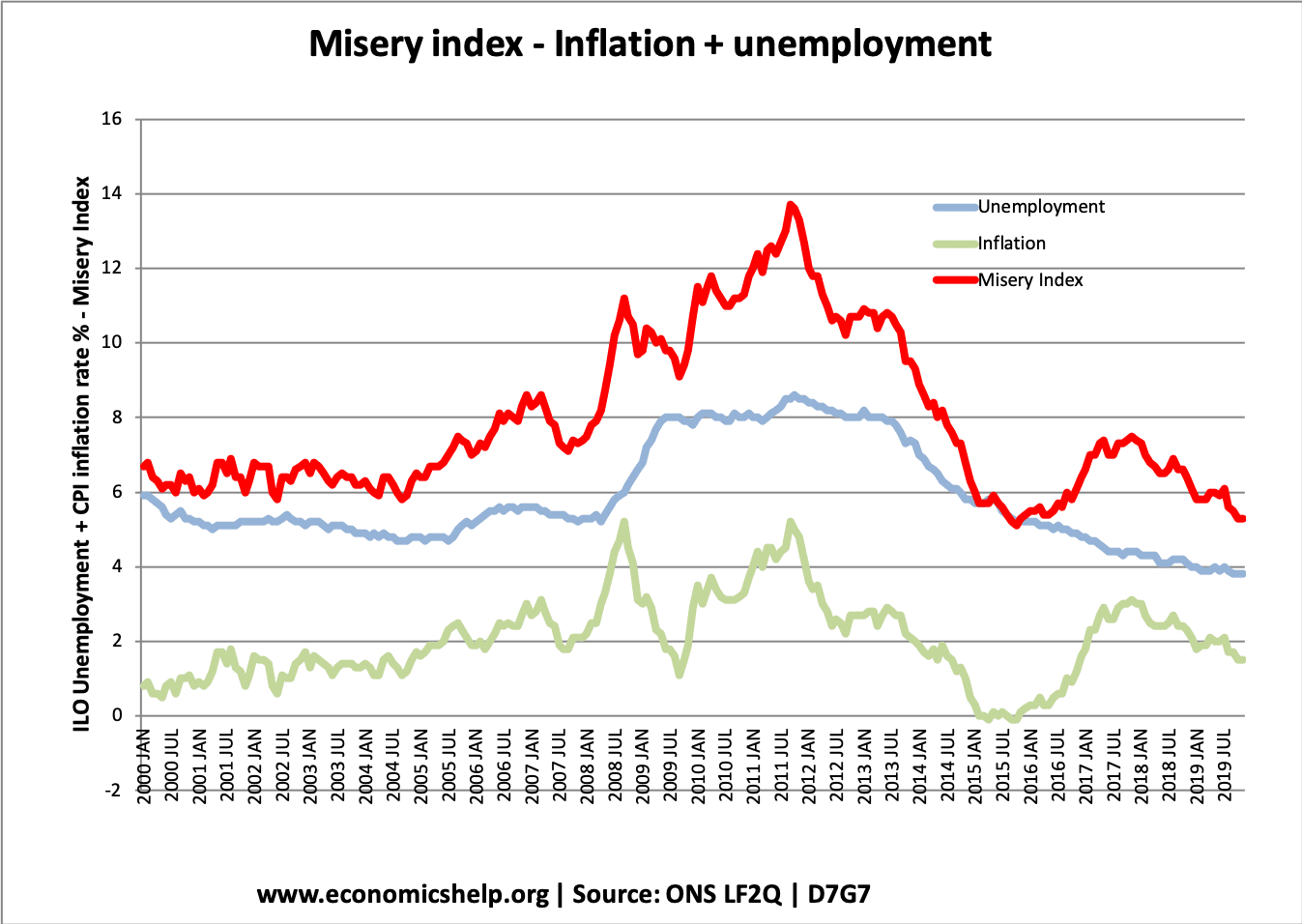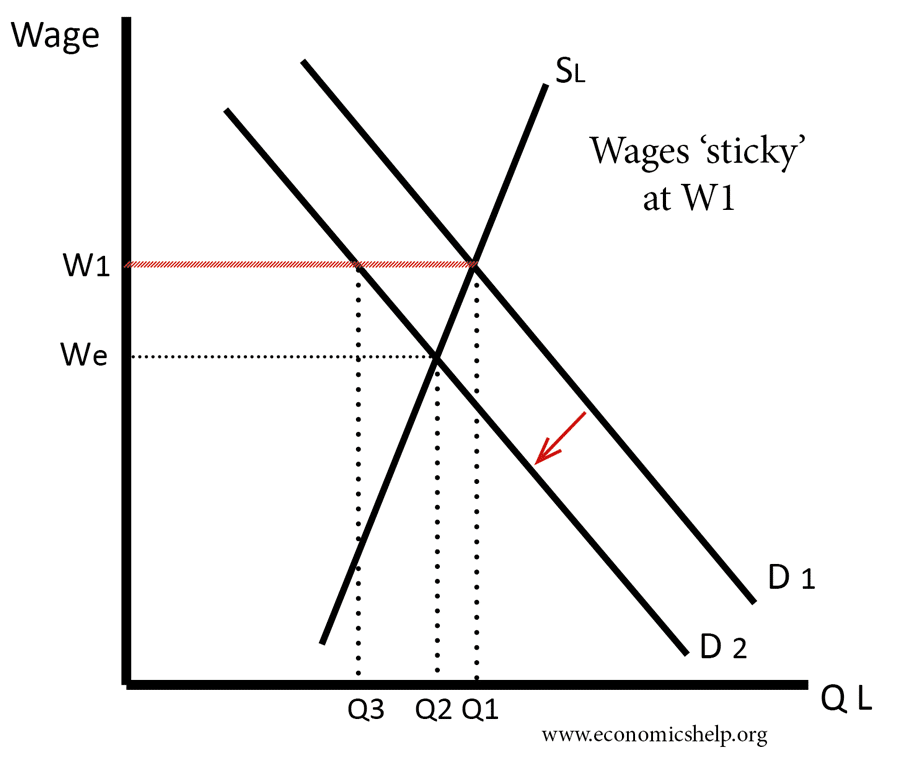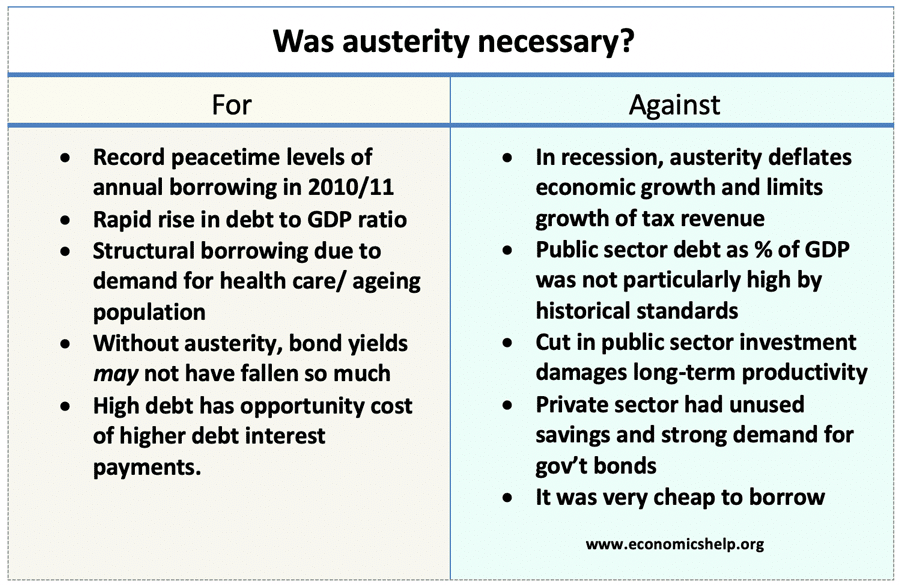Is globalisation irreversible?
Globalisation refers to the increased integration of the world economy. The process of globalisation involves increased trade, greater mobility of labour and capital and the increased interdependence of national economies. There are many aspects of globalisation that are irreversible. Improvement in transport and communication. Air travel has made it easier for people to travel around …




